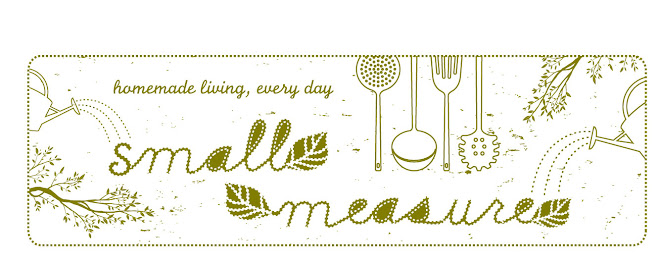 If you purchase eggs from a grocery store, you might find yourself confused on occasion by what all of the varying label claims mean. What constitutes natural, anyways? One person's "natural flavoring" is another person's MSG, right? This handy reference list, compiled by Ideal Bite (I highly suggest signing up for their e-mailed "Daily Tips"-good stuff!), offers a crackdown of the claims:
If you purchase eggs from a grocery store, you might find yourself confused on occasion by what all of the varying label claims mean. What constitutes natural, anyways? One person's "natural flavoring" is another person's MSG, right? This handy reference list, compiled by Ideal Bite (I highly suggest signing up for their e-mailed "Daily Tips"-good stuff!), offers a crackdown of the claims:"If the label says:
- Animal Welfare Approved, American Humane Certified, or Certified Humane - eggs came from farms independently certified by animal welfare nonprofits (note: the latter two do allow beak-cutting).
- Cage Free - not regulated, but it usually means producers keep hens uncaged in barns or warehouses (though often there's no outdoor access).
- Free Range - typically means the hens are uncaged and have outdoor access - but nobody checks on the amount or duration.
- Natural - the USDA says Natural food products can't contain "any artificial or synthetic ingredients, and it must be minimally processed" - vague enough that it could apply to just about any egg.
- Organic - third-party-audited label that means the hens are uncaged and have access to the outdoors, and get a diet of organic, vegetarian feed without any antibiotics (beak-cutting and forced molting are permitted).
- Pasture Raised - unregulated, but typically birds raised this way have the chance to go outdoors and eat an organic diet.
- United Egg Producers Certified - producers can restrict hens to small cages and beak-cutting is allowed (but forced molting isn't).
- No Label - the hens were probably raised in a factory farm; if a company can make a claim, it usually will."
Of course, if you keep chickens yourself, all of the guesswork is eliminated!
*Image from here.








7 comments:
So what would you suggest, for those of us who are unable to keep hens? Is picking eggs up from the farmers market the only way to go, or is there a safe/acceptable grocery store option?
Renai-were it me (and it sometimes actually is, as we on occasion run out of eggs when friends are visiting-which is why we'll soon be adding 5 hens to our flock!), I'd stick with either organic or pasture-raised. That way, you know that both the quality of the food the hens consume is clean (no weird genetically modified organisms, GMO's, are in the feed) and that the animals were treated humanely. Birds that are allowed to eat grass and bugs have significantly higher amounts of beneficial beta-carotene in their yolks. You can see the difference in the bowl when cracking store-bought and free-range eggs. It's astounding! Hope this helps!
I get my eggs from my neighbor. I know they are raised well and have access to outside and run free during the day. I get duck eggs and chicken eggs from them. My family likes the duck eggs the best but sometimes the ducks are just not producing. They do not charge alot for the eggs...about $2.00 per dozen. A great deal and they are great eggs. It also helps them with the feed costs, etc.
Great post. Except during high-bulk-baking situations, I get my eggs now from the farmers market.
Thanks for the info, Ashley. I have a hard time buying and eating grocery store eggs because I know most of the labeling is intentionally misleading- even the ones sold at my hippy dippy natural grocer. Thanks for clarifying which categories still allow beak cutting and forced molting. Until I live somewhere that allows for me to have my own happy hens I can now ensure I don't support any beak cutters! Thanks again!
It seems like all the designations have inherent problems. Either the birds get access to fresh air (sometimes) OR they get their beaks hacked; either they get organic feed OR they live their lives in a cage. Seems like the only way to get a decent egg is to raise chickens yourself. Great photo, btw.
Thanks, Ashley!
We had enough of the lables in this house. So we started with our own small flock of our "fantastic four" (Sunny, Tila, Angel, and Oprah!) We have now grown to about 60 girls and a few man birds! If our neighbors who want eggs do not wish to pay for some, they may feel free to bring healthy veggie scraps and things from their gardens that my birds can eat. Then they walk away with a dozen WONDERFUL eggs. (we sell the rest)
The other thing that would help out with the factory farms treating the animals badly is SEASONAL eating.
I appreciate you posting the information. Its great for everyone. Even us! We do not force our girls to forego molting like some people, so in the dead of winter I have 60 eating/pooping machines not giving us a shed of food. So yes, even owning chickens we still need to buy eggs. Thanks for the info!!!
Post a Comment